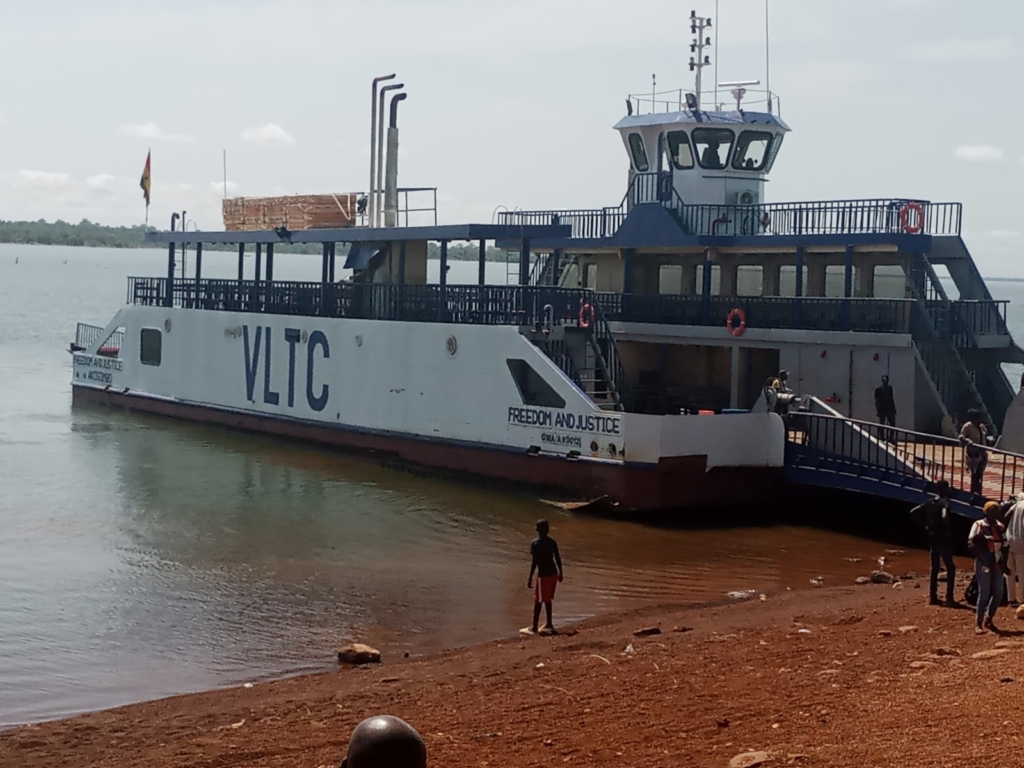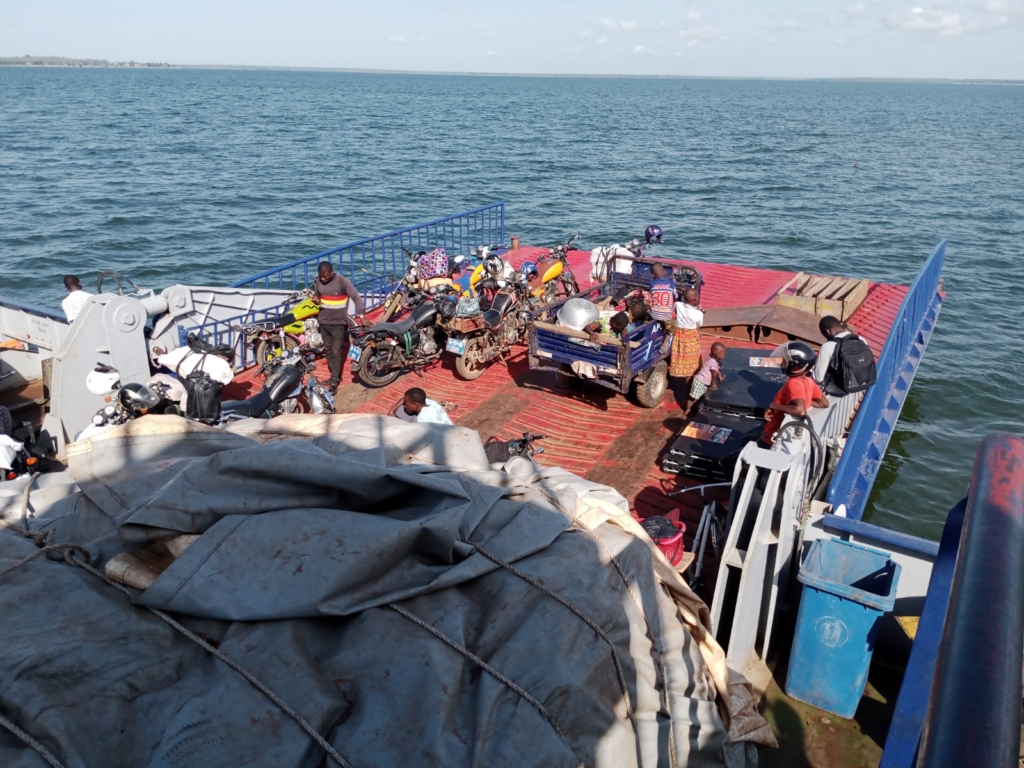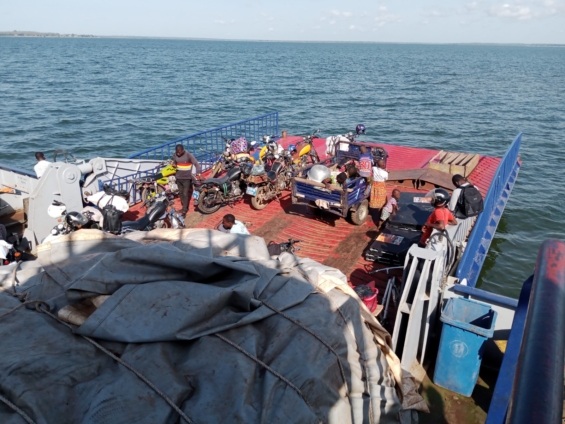Investments in Africa's infrastructure can enhance resilience against climate change threats, according to a recent report. Traditionally, attention has been centred on risks to infrastructure systems like transport, water, and energy in terms of climate resilience.
However, a new report, entitled: “Africa Climate Solutions: Investing in Infrastructure for climate resilience across Africa,” launched on December 7, 2023, at COP28 by the Private Infrastructure Development Group (PIDG) and the University of Exeter, urges financiers and developers to broaden their focus.
It emphasises the importance of considering how infrastructure can effectively contribute to the resilience of communities and economies, especially those most susceptible to climate extremes.
Professor Richard Betts MBE, one of the report's primary authors, stated that Africa is witnessing a rise in climate hazards like extreme heat, humidity, drought, heavy rainfall, and sea-level rise, and these challenges are anticipated to become more prevalent and severe in the upcoming decades.
“Millions of people in Africa are more vulnerable to these threats because they lack access to critical power, transport and water services, or rely on aging, overstretched or informal infrastructure.”

The report delineates diverse climate threats affecting different regions in Africa. While a significant portion of the continent will witness escalating heat stress, specific areas, such as North Africa, Southern Africa, and parts of the Sahara, are more susceptible to droughts.
Meanwhile, other regions, like East Africa, Central and West Africa, are likely to experience increased heavy rainfall and flooding. Some areas may face a dual challenge of both citing Madagascar as an example.
Coastal flooding and wildfires are anticipated to rise in specific regions. In response to these escalating threats, the report recommends that investors gain a comprehensive understanding of the vulnerabilities that require attention and determine the most impactful types of investment for enhancing resilience.
Anna Murphy, the co-lead author, emphasized the necessity of focusing on the people who utilize the infrastructure when contemplating climate resilience in infrastructure investments.
Anna emphasized that the most inspiring and effective solutions revolve around people while simultaneously addressing multiple issues.
“I spoke with entrepreneurs building affordable solar-powered irrigation systems which improve crop yields even in drought and bring clean power to communities - and therefore provide a cascade of education, information and economic opportunities.”

Madam Anna suggested that multipurpose roads could be designed to alleviate flood risk and store water for use during drought periods. Additionally, sewage sludge could be converted from a health risk exacerbated by flooding into fuel, thereby reducing business emissions, cutting costs, and addressing deforestation – effectively solving a health risk.
“Entrepreneurs developed these solutions by working closely with their users. They show how determined and creative problem-solving are identifying win-win-win solutions for climate resilience local livelihoods, wider economies and the planet.”
The report emphasizes that climate resilience and sustainable development can be mutually beneficial. When considered together, they can initiate transformative processes that broaden and accelerate, moving beyond incremental change to positively impact lives and ensure the sustained development and growth of African economies in the face of climate hazards.
Tom Powell, another key author, highlighted the challenge for investors to strategically allocate resources to maximize climate-resilient development.
“By doing this, investment can drive processes and outcomes which can endure, self-sustain and cascade, even in the face of climate change. Such opportunities exist.”
Mr Powell noted that unlike some other regions, Africa's substantial demand for new infrastructure presents an opportunity to adopt an integrated approach that aligns with sustainability, adaptation, and resilience goals.
“Africa’s young, educated and entrepreneurial population is developing and scaling solutions which deliver development, adaptation and resilience simultaneously.”
The report underscores the significant potential of nature-based "green infrastructure" solutions in certain contexts, emphasizing their effectiveness in delivering resilience, adaptation, and development.
These solutions are often more cost-effective than traditional hard infrastructure approaches. Infrastructure plays a crucial role in promoting climate resilience and development by offering direct adaptation or resilience benefits that shield against climate hazards.
Additionally, it drives economic development, reinforcing people's capacity and resources to adapt, and contributes to macroeconomic resilience by facilitating trade or reducing reliance on imports.
Philippe Valahu, representing PIDG, emphasized the critical role of infrastructure financing at a significant scale and pace in developing and emerging markets. This is particularly crucial for addressing climate resilience and sustainable development challenges in regions where these issues are most pressing.
“Our report identifies the hazards and opportunities – and aims to redefine what investing in climate action means in Africa, opening new avenues for investors and helping them make decisions that enable and accelerate climate-resilient development.”
Latest Stories
-
CAFCC: USM Alger file appeal at CAS to contest CAF’s decisions on RS Berkane jersey
13 mins -
Medical Laboratory Professionals threaten to strike over conditions of service
4 hours -
Residents of Anloga, Keta express frustration over ECG billing
4 hours -
I don’t believe in praying in tongues – Strongman
4 hours -
‘After The floods’: VRA and GMet clash over cause of Akosombo Dam spillage disaster
4 hours -
‘After The Floods’: Victims suffer harsh conditions 6 months after Akosombo dam disaster
5 hours -
Akufo-Addo to unveil Otumfuo commemorative stamp
5 hours -
EduSpots distributes over 100 tablets and laptops to 30 community-led education spaces
5 hours -
Taxation is driving away investors – FABAG General Secretary
6 hours -
Effutu MP commissions office for Hepatitis B; absorbs cost of testing, vaccination and management
6 hours -
Bawumia pushes for land digitisation to tackle land guard menace
6 hours -
Faith-based institutions are instrumental in national development – Bawumia
6 hours -
Upholding the Integrity of Presidential Promises: A call to Ghanaian leaders
6 hours -
I don’t start ‘beefs’; I only reply – Strongman refutes claims
6 hours -
Vice President Bawumia promises reforms to turn Ghana’s fortunes around
7 hours

